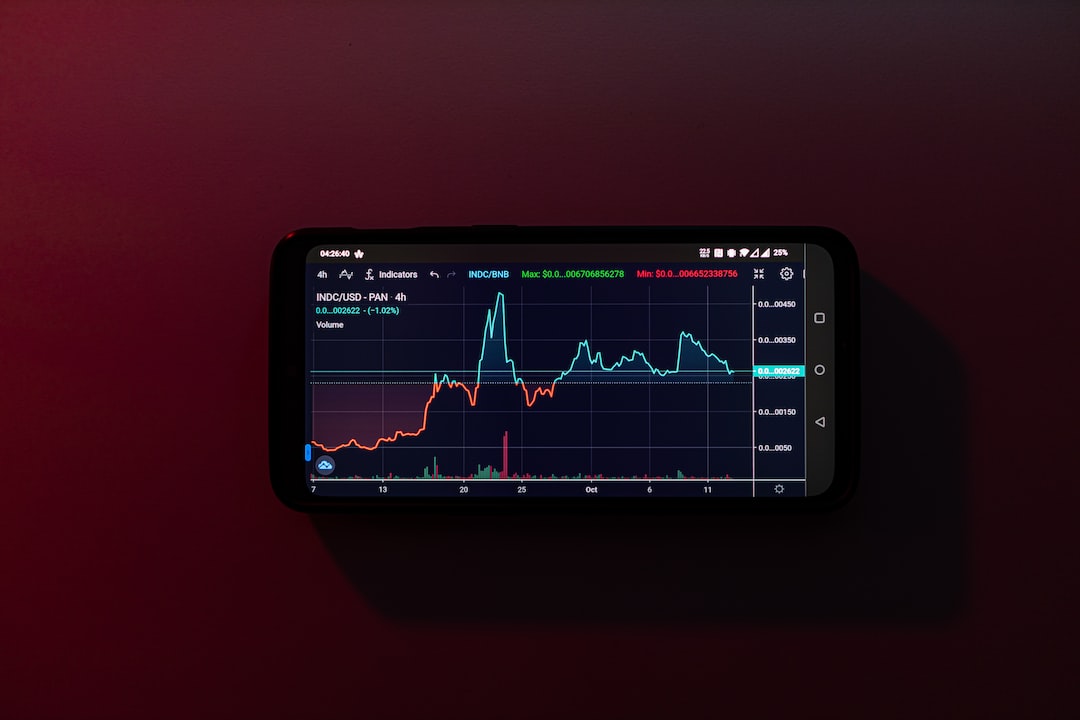The IRS is Proposing Rules for Crypto Tax Reporting
The U.S. Treasury Department has published a proposed rule on crypto tax reporting obligations. Here are the key points:
1. Definition of “Broker”: The Treasury Department defines “broker” for the crypto industry, specifying which entities will need to meet tax reporting obligations. Centralized crypto exchanges, payment processors, hosted wallet providers, decentralized exchanges, and entities that redeem crypto tokens will be bound to reporting obligations.
2. New Tax Form: The Treasury unveiled a new tax form, the 1099-DA, that these brokers can file. This resolves confusion about which version of the U.S. tax form is appropriate for taxpayers.
3. Exemption for Miners: Miners are exempt from the tax rules, but some decentralized finance platforms will be subject to reporting obligations.
4. Timeline: Exchanges and brokers will have a couple of years to comply with the new tax-reporting system. The rules are expected to be approved in final form after public comments and hearings, providing the industry with time to lobby federal officials.
5. Closing the Tax Gap: The proposed rule is part of the Treasury’s broader effort to close the tax gap, address tax evasion risks posed by digital assets, and ensure a level playing field.
Hot Take
The proposed rules for crypto tax reporting provide clarity and guidance for the industry. While there may be concerns about privacy and the treatment of decentralized exchanges, the extended timeline allows for further discussions and adjustments. Overall, these rules aim to bring the crypto industry in line with traditional tax reporting requirements and ensure fair taxation.





 By
By
 By
By
 By
By
 By
By
